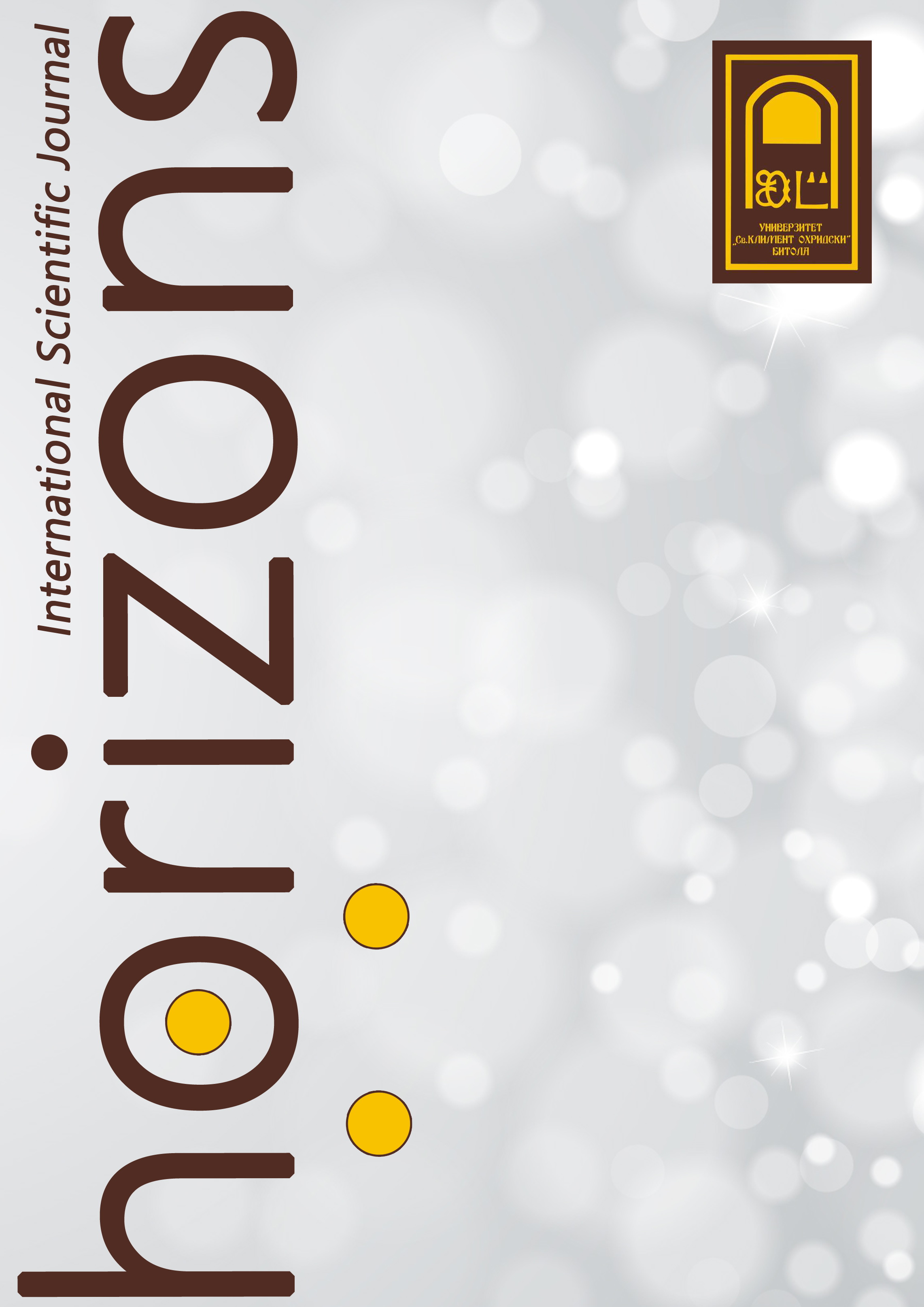RELIGIOUS FREEDOMS IN THE REPUBLIC OF KOSOVO - THE CASE OF THE BAN ON WEARING THE HIXHAB IN SCHOOL
RELIGIOUS FREEDOMS IN THE REPUBLIC OF KOSOVO - THE CASE OF THE BAN ON WEARING THE HIXHAB IN SCHOOL
Author(s): Berat DermakuSubject(s): Constitutional Law, Human Rights and Humanitarian Law, Theology and Religion
Published by: University "St. Kliment Ohridski" - Bitola
Keywords: Administrative Instruction; Religious Freedoms; Constitutional Concerns; European Court of Human Rights; Grassroots Initiative; Interfaith Tolerance
Summary/Abstract: This paper critically examines the Administrative Instruction of the Ministry of Education, Science, and Technology (MEST) in Kosovo, specifically its prohibition of the Islamic veil in schools. The analysis underscores constitutional concerns, revealing contradictions with Article 38 of the Constitution, which safeguards freedom of belief and expression while prohibiting religious discrimination. The paper contends that such prohibitions should follow legal channels, referencing Article 38(4) of the Constitution, which mandates limitations on freedom of belief to be established by law. Drawing parallels with European Court of Human Rights (ECHR) rulings, particularly the Lachiri v. Belgium case, the study explores international perspectives. The ECHR's decision on headscarf exclusion is deemed significant, marking the first instance of an ECHR violation in such a case. The commentator, while recognizing the judgment's importance, identifies ambiguous statements that may hinder its potential to clarify principles for religious symbols regulations. The paper delves into the concept of neutrality, distinguishing between "neutrality of action" and "neutrality of appearance," asserting that private individuals entering a courtroom should not be obligated to neutrality in appearance. A case study of a Kosovo initiative challenging the Administrative Instruction is presented, emphasizing the involvement of influential figures and religious leaders, including Imam Shefqet Krasniqi. Exploring Kosovo's legal framework on religious freedoms, the paper emphasizes alignment with European human rights principles, emphasizing autonomy, equality, and neutrality. In conclusion, the paper asserts the historical evolution of religious freedoms in Kosovo, indicating a commitment to interfaith tolerance despite external pressures. The absence of direct violations reflects the state's dedication to protecting citizens' inviolable rights, reinforced by the Constitutional Court's competence in safeguarding human rights.
Journal: Horizons - International Scientific Journal
- Issue Year: 1/2023
- Issue No: 1
- Page Range: 22-37
- Page Count: 16
- Language: English

